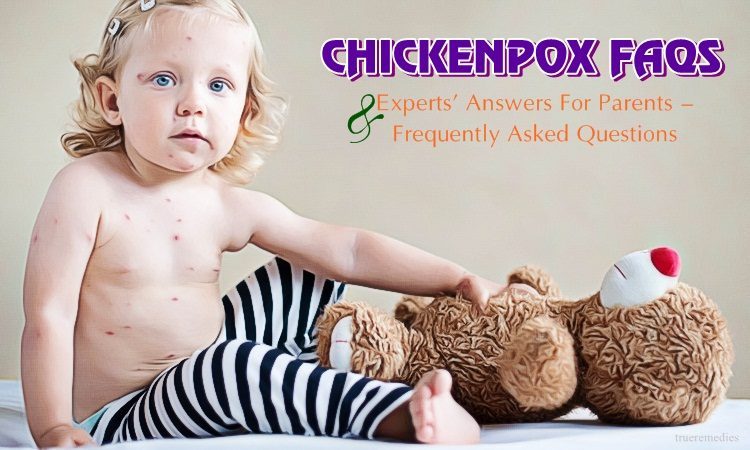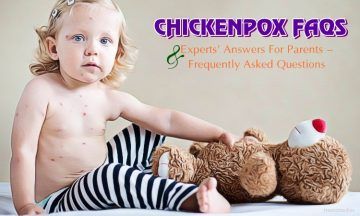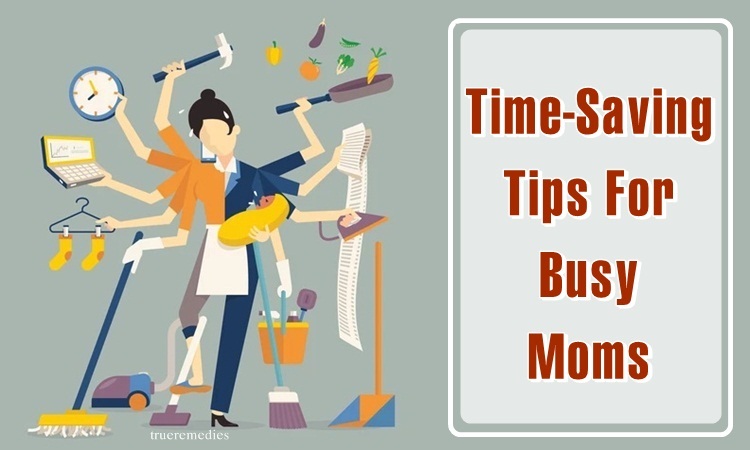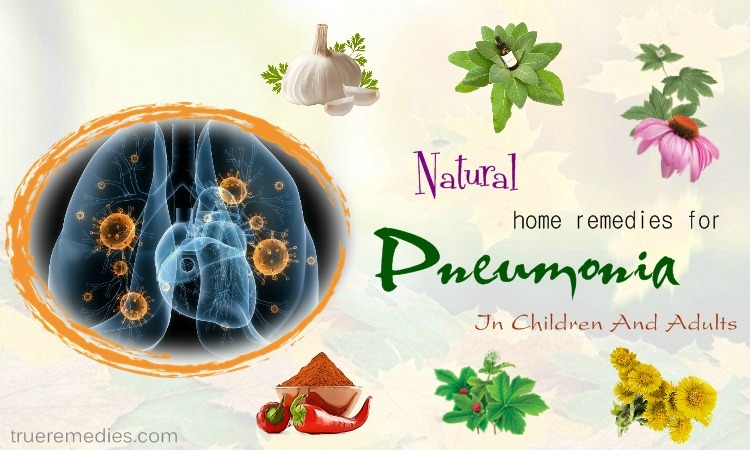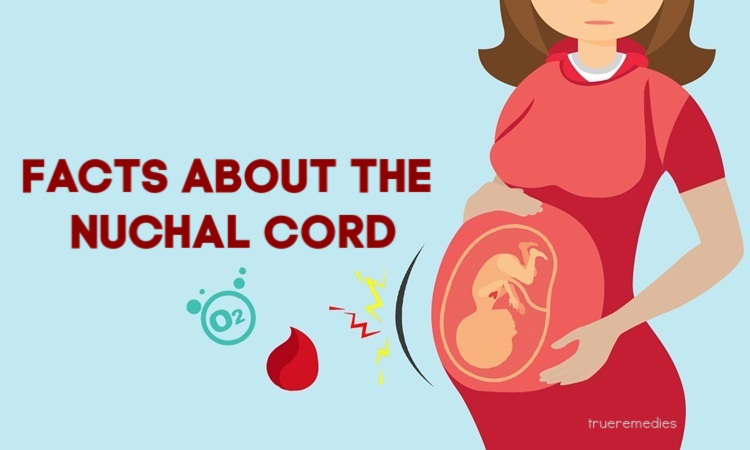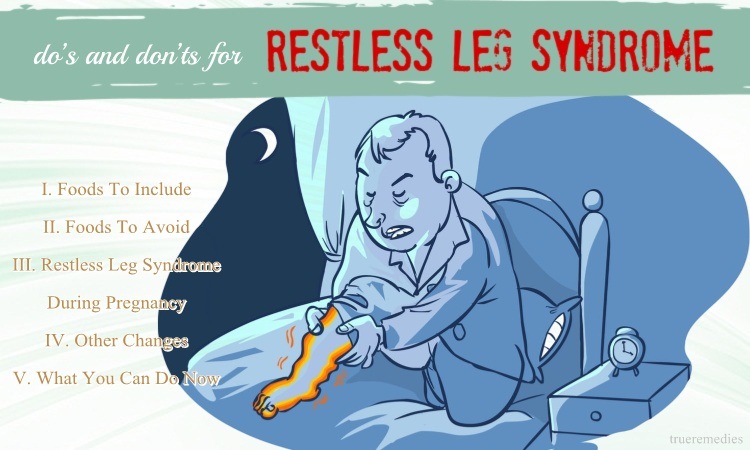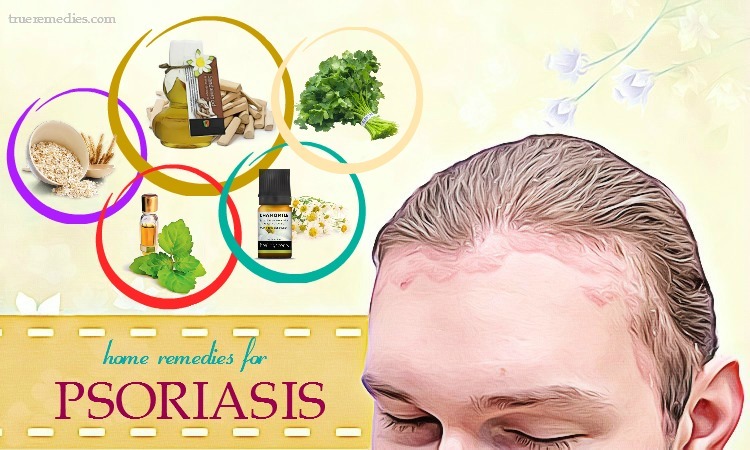Updated: 11/16/2019
Contents
- 1. What Causes Chickenpox In Children?
- 2. How To Know Your Child Is Suffering From Chickenpox?
- 3. Is Chickenpox Contagious?
- 4. What Are Dangerous Complications Of Chickenpox?
- 5. Who Are More At Risk
- 6. How Is Chickenpox Treated?
- 7. What Should Parents Do To Care For Children With Chickenpox At Home?
- 8. When To Call The Doctor
- 9. Is There Any Vaccine Against Chickenpox?
- 10. Can I Let My Child With Chickenpox Go To School?
Chickenpox is a common illness in children and teenagers. However, sometimes, adults also have a chance of developing this condition. Although chickenpox isn’t an incurable disease, its risks and complications still make parents worry a lot in their parenting and want to find the best solutions. Here are the chickenpox FAQs & experts’ answers for parents on our True Remedies that gives you useful information about chickenpox.
- 7 Survival Tips To Take Care For A Baby With Eczema At Home
- Why Are Baby’s Teeth Growing In Crooked? And How To Fix
- 17 Effective Treatments For Diaper Rash In Babies
- 25 Proven Treatments For Chickenpox In Infants & Adults
Chickenpox FAQs & Experts’ Answers For Parents – What You Need To Know
1. What Causes Chickenpox In Children?
Chickenpox is a viral infection caused by the varicella-zoster virus (VZU)[1]. The incubation varicella virus is about 10-21 days, and it shows its signs and symptoms on the affected skin with a painful feeling. Even though you treat this problem and see symptoms go away after treatment, the virus remains in the nervous system of the patient for the rest of their life. Some people who had chickenpox before will suffer from shingles later in life when the virus reactivates.
2. How To Know Your Child Is Suffering From Chickenpox?
To know whether your child is suffering from chickenpox or not, you need to observe the symptoms of chickenpox and its developing stages. For the first few days, chickenpox causing virus attacks parent’s immune system and starts with a sore throat, headache, and fever in 38.3°–38.8°C range. Some children also suffer from a stomach ache that lasts for a few days.
We will notice and find out whether your child got chickenpox only when the itchy, red skin rashes start to appear on his or her back, belly or face. After that, these rashes spread to other areas of your body such as the mouth, scalp, legs, arms and genitals.
`However, some people mistakenly see the small red bumps of chickenpox’s rash as easy-to-cure insect bites or pimples. The second stage of this condition starts when the pumps become thin-walled blisters filled with fluid. These blisters begin to break and turn to dry brown scab, which is the third stage of a chickenpox rash. These three stages can happen at the same time on the sufferer’s body.
TrueRemedies Partner Solutions

Need a Help from the Leading Expert Online, Available 24/7?
They’re all here and ready to answer your questions online or by phone. Keep asking questions until you get the answer you need.
3. Is Chickenpox Contagious?
The answer to Chickenpox FAQs is yes. Chickenpox is very infectious as the virus can spread from the infected person to healthy ones. The chance of catching the infection of chickenpox will increase if you share the same room with someone with this condition for more than 15 minutes.
You are also at a higher risk when having any face-to-face contact with patients with chickenpox. The virus can attack your body by the mouth, nose or through the air.
Also, a pregnant woman who is suffering from chickenpox can pass this problem to her baby before birth. An infected mother also spreads it to her newborn baby after birth.
When you catch the virus of chickenpox rash, the incubation period is between 7 and 21 days before developing the first symptoms.
4. What Are Dangerous Complications Of Chickenpox?
In most of the cases, children who experienced chickenpox will have a full recovery without complications. However, here are some uncommon possible complications that can occur.
- Scratched scars
- Spots get infected with bacteria.
- Inflammation of the brain or lung
- Reye’s syndrome
- Kidney inflammation
- Inflammation of the heart muscle
- Ataxia
- Appendicitis
- Henoch-Schönlein purpura
- Inflammation of the pancreas
- Inflammation of the joints
- Inflammation of testes
- Inflammation of various parts of the eye
- Shingles
5. Who Are More At Risk
Chickenpox is known as a widespread childhood infection that is mostly seen in children. But it does not mean adults are highly resistant to this condition. While children suffer from mild symptoms, this disease tends to be more severe and difficult-to-cure in adults. Furthermore, adults are more likely to develop complications than children[2].
But some adults and children have special risk if they catch the virus. They include:
- Pregnant women
- Newborn babies less than 1-month-old
- People with a weakened immune system[3]. Especially, someone with immune diseases, leukaemia, or HIV/AIDS
- People who are taking specific medication like immune-suppressing medication, steroids or chemotherapy
- People with severe skin conditions
- People with severe lung or heart disease
6. How Is Chickenpox Treated?
Chickenpox is caused due to a virus; so antibiotics aren’t efficiency in treating chickenpox. Depending on the child’s age and health, the timing of the treatment, and the infection range, a doctor will prescribe antiviral medicine for someone with chickenpox. If the blisters and sores become infected with bacteria and germs due to scratching and picking habit of your child, the doctor will give them needed antibiotics.
Some other medications and treatments can treat specific symptoms of chickenpox. For example, if your child experiences the fever, aches, headaches and pain, you can give them paracetamol that reduces temperature and eases the discomfort. There is also a link between acyclovir and treating fever in children with chickenpox[4]. When you want your child to take any medication or treatments, you need to consult your doctor carefully and follow his advice.
If your child catches chickenpox virus, do not give him or her aspirin. Taking aspirin will lead to the risk of developing Reye’s syndrome that damages the brain and liver.
7. What Should Parents Do To Care For Children With Chickenpox At Home?
If your child gets diagnosed with chickenpox, you can help him feel better by doing some useful tips and techniques.
- Cut your child’s fingernails short to prevent deep scratching
- Dress your kids with chickenpox comfortably, so they do not feel overheated or cold. It is recommended using clothes made from smooth fabrics like cotton
- Make sure the room is kept in the standard room temperature
- Let your child drink a lot of water to prevent dehydration
- Ask your pharmacist or doctor to recommend some pain-relieving creams for applying to sores in the affected areas
- Give your child with chickenpox in the mouth soft, bland foods
8. When To Call The Doctor
Most childhood chickenpox conditions do not require any special medical treatment because the mild illness can become better on its own. However, if the problem has these following severe signs, you should take your child to the doctor immediately:
- Fever lasts more than four days
- Trouble breathing or a severe cough
- The rash becomes swollen, red or leaks yellowish fluid
- Drowsiness or trouble waking up
- Severe headache
- Sightseeing problems when looking at bright lights
- Confused sensation
- Difficulty walking
- Vomiting
- A stiff neck
- Illness
9. Is There Any Vaccine Against Chickenpox?
Yes, a vaccine was made to fight against the virus that causes chickenpox, and it showed a significant decrease in chickenpox incidence[5]. In certain countries like Canada, the USA, and Australia, giving a vaccine to babies has become part of the childhood immunization programme.
The first chickenpox vaccine shot is available given to 12 to 15-month-old baby, and a booster shot is recommended when your child turns between 4 and 6 years old for extra protection.
People who are 13 years old or older never got chickenpox or were given vaccination should get two doses of this method at least 28 days apart.
You need to consult your pharmacist to check whether you or your child can use this vaccination before taking.
10. Can I Let My Child With Chickenpox Go To School?
No. Never let your child with chickenpox go to school or any public places until all their spots have disappeared and your child has the full recovery.
Because chickenpox is a highly infectious condition, the only way to stop the spreading of the virus is to prevent sharing the same room with healthy people. However, sometimes, this solution does not seem practical.
11. Can Children Catch Chickenpox Again Once They Have Had It?
In most cases, getting chickenpox gives our lifelong body immunity; so it means you will not catch it again[6]. It is a reason why children who have had chickenpox do not need to take the vaccine. However, in the rare case, reoccurrence still happens in some people.
This post is for information purposes only; therefore, do not take it as a substitute for the needed medical care. Treatment for chickenpox has variations, and only your physician can give the right solutions based on individual circumstances and facts. However, we hope that you’ll find this article useful and informative. Any questions can be left in the comment, and we will answer them as soon as we can. Thank you for reading.
Read more: Top 22 Proven Solutions For Staph Infection On The Face And Scalp. This article was medically reviewed/fact checked Julie Freeman, MA, RD, LD, RYT.

